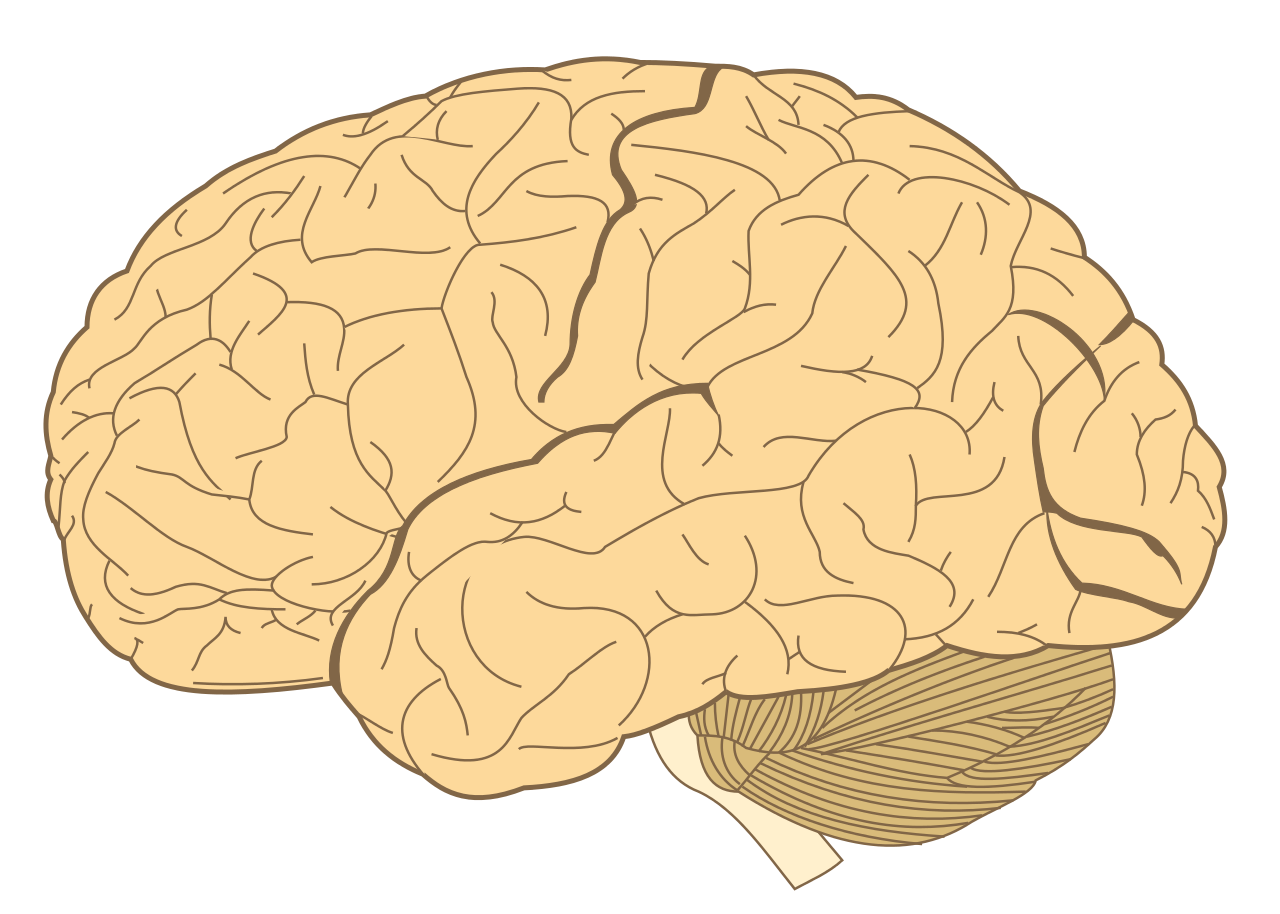News release
From:
Attachments
Note: Not all attachments are visible to the general public. Research URLs will go live after the embargo ends.

Journal/
conference: Nature Genetics
conference: Nature Genetics
Research:Paper
Organisation/s:
Murdoch Children's Research Institute (MCRI), Stanford University, USA
Funder:
J.W. was supported by the Howard Hughes Medical Institute, a Lorry Lokey endowed professorship and a Stinehart Reed award. S.N. was supported by a Helen Hay Whitney Fellowship. The KU Leuven research team and analyses were supported by the National Institutes of Health (NIH; 1-R01-DE027023 and 2-R01-DE027023), The Research Fund KU Leuven (BOF-C1, C14/15/081 and C14/20/081) and The Research Program of the Research Foundation in Flanders (FWO; G078518N). The computational resources and services used in this work were provided by the VSC (Flemish Supercomputer Center), funded by the FWO and the Flemish Government (department EWI). J.P.S. was supported by an NIH training grant (5T32HG000044-23). J.K.P. was supported by the NIH (HG008140 and HG009431). Pittsburgh personnel, data collection and analyses were supported by the National Institute of Dental and Craniofacial Research (U01-DE020078, R01-DE016148 and R01-DE027023). Funding for genotyping by the National Human Genome Research Institute (X01-HG007821 and X01-HG007485) and funding for initial genomic data cleaning by the University of Washington were provided by contract HHSN268201200008I from the National Institute for Dental and Craniofacial Research awarded to the Center for Inherited Disease Research (https://www.cidr.jhmi.edu/). J.T. was supported by the NIH (5R01-DA033431-07) and the National Science Foundation (1922598).



 Australia; International; VIC
Australia; International; VIC


